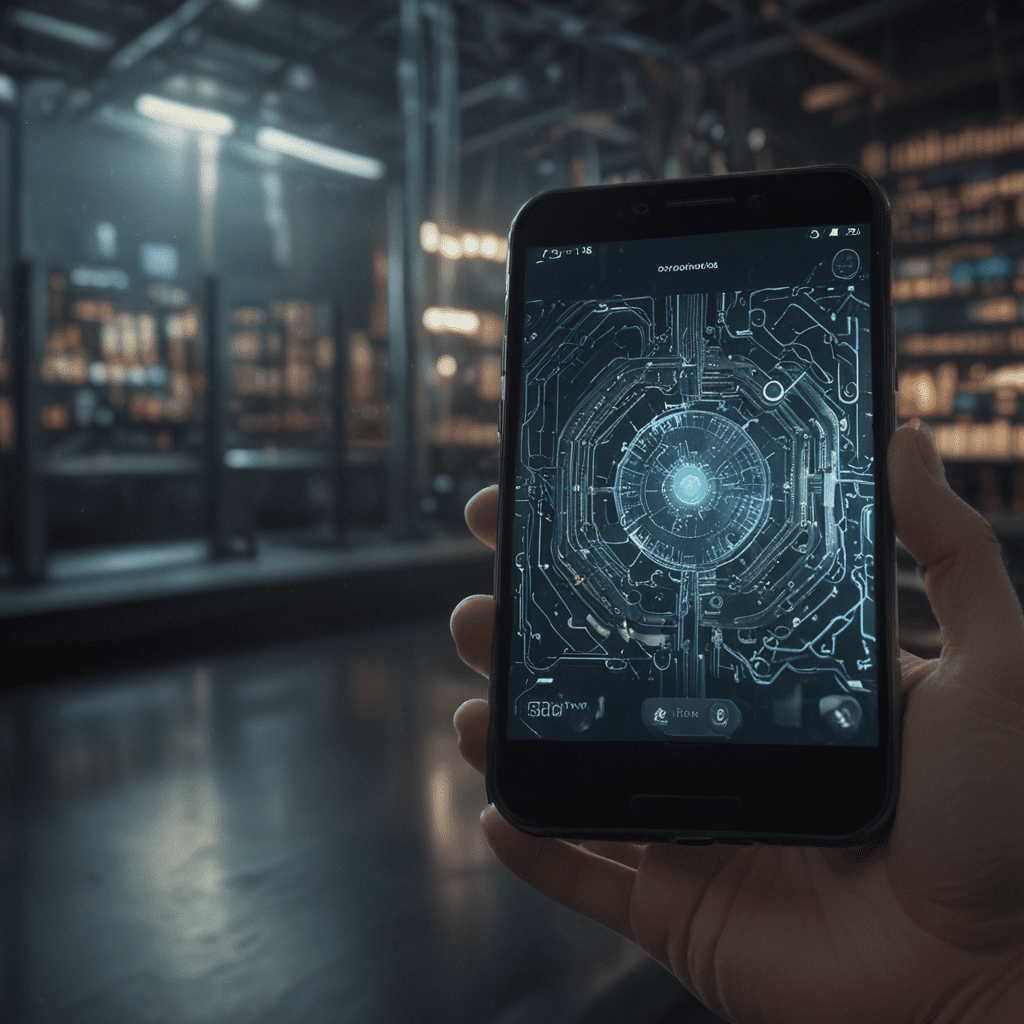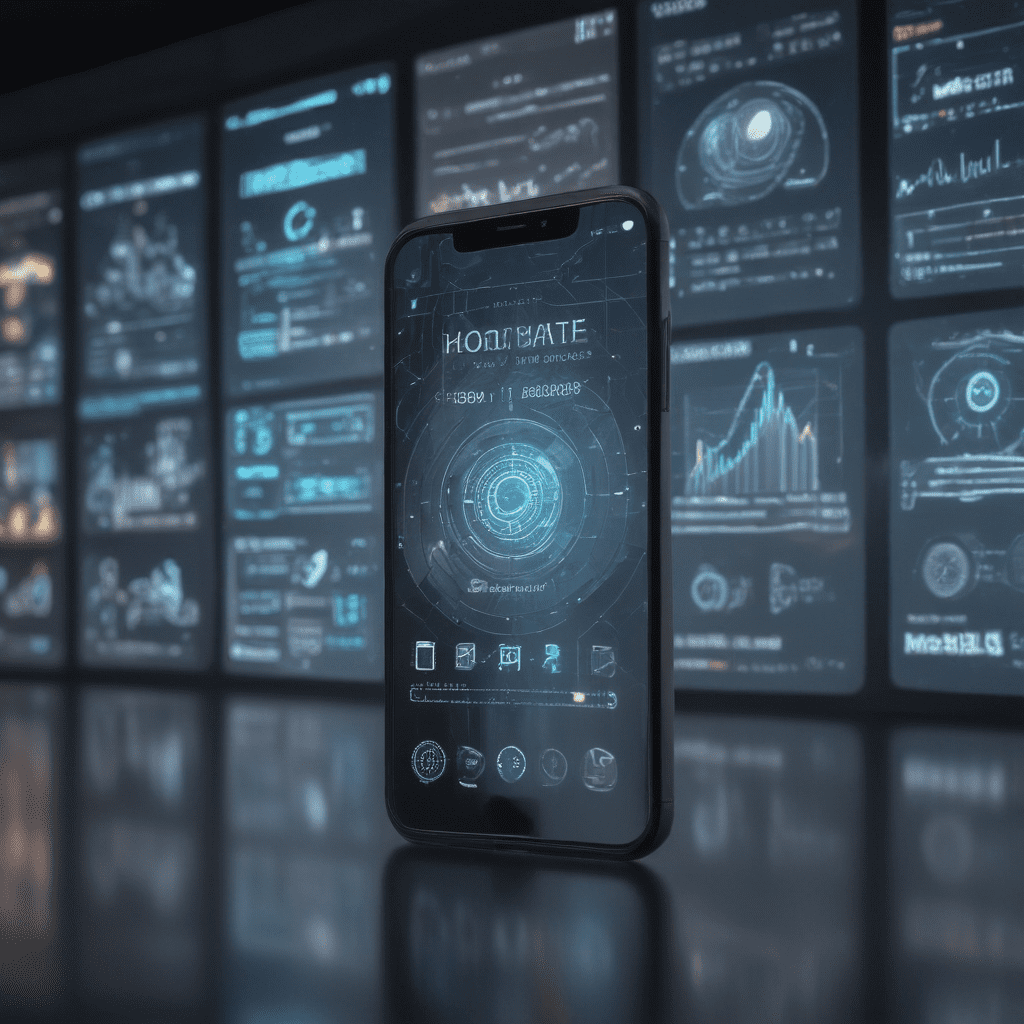1. Introduction to Big Data and Mobile Apps
The Era of Personalized Mobile Experiences
In the rapidly evolving landscape of mobile technology, big data has emerged as a game-changer. The vast amounts of data generated by mobile apps hold immense potential to revolutionize the way we interact with our devices. By leveraging big data, app developers can harness the power of personalization to create tailored experiences that cater to each user's unique needs and preferences.
2. Benefits of Personalizing Mobile Apps with Big Data
Enhanced User Engagement and Retention
Personalized mobile apps have the ability to captivate users by delivering relevant content and experiences that resonate with their individual interests. This increased engagement translates into higher user satisfaction and retention rates, ultimately driving the success of the app.
Improved App Functionality and Efficiency
Big data can be utilized to identify usage patterns, pain points, and areas for optimization within mobile apps. By analyzing user behavior data, developers can refine the functionality and efficiency of their apps, resulting in a smoother user experience.
Increased Revenue Opportunities
Personalized mobile apps can effectively target specific user segments with tailored marketing campaigns. By leveraging data insights, businesses can better understand their users' preferences and offer products or services that align with their needs, leading to increased revenue generation.
3. Collecting and Analyzing Big Data for Personalized Apps
Capturing User Data
The first step towards personalization is collecting relevant user data. This can be achieved through various methods, such as user profiles, in-app surveys, and analytics tools. By gathering data on user demographics, preferences, location, and behavior, app developers can build a comprehensive understanding of each user's individual characteristics.
Data Analysis and Segmentation
The collected data undergoes rigorous analysis to identify patterns, preferences, and correlations. This enables app developers to segment users into distinct groups based on their similarities, allowing for targeted personalization strategies.
4. Using Machine Learning for Recommendation Engines
Predicting User Preferences
Machine learning algorithms play a pivotal role in personalizing mobile apps. These algorithms leverage user data to predict user preferences and recommend tailored content. Recommendation engines utilize historical interactions, search patterns, and demographic information to generate highly relevant suggestions, enhancing the user experience and fostering engagement.
6. Data Privacy and Security Considerations
Protecting User Data
In the pursuit of personalization, data privacy and security concerns must be given paramount importance. App developers must adhere to ethical practices and regulatory requirements to protect user data from unauthorized access or misuse. Encryption, anonymization, and transparent privacy policies are crucial to ensure user trust.
7. Real-Time Data Analysis for Adaptive Personalization
Continuous Optimization
To keep up with evolving user preferences and changing environments, real-time data analysis is essential. By continuously analyzing user behavior, app developers can make dynamic adjustments to the personalized experience, ensuring that it remains relevant and engaging over time.
8. The Impact of Big Data on User Engagement
Driving Growth and Loyalty
Big data empowers app developers to tailor mobile experiences specifically to each user's needs and desires. This results in increased user engagement, as apps become more personalized, relevant, and enjoyable to use. Enhanced user engagement translates into higher retention rates, stronger brand loyalty, and increased app usage.
9. Future Trends in Big Data for Mobile Apps
Emerging Technologies
The future of big data in mobile apps is marked by innovations such as artificial intelligence (AI), machine learning (ML), and the Internet of Things (IoT). These technologies will enable even more personalized and immersive app experiences, leveraging data from various sources to create tailored recommendations, optimize app functionality, and predict user behavior.
10. Conclusion: The Transformative Power of Big Data in Mobile App Personalization
Unlocking New Possibilities
Big data has revolutionized the development of mobile apps, empowering app creators to deliver highly personalized experiences that cater to each user's unique preferences and requirements. By leveraging user data, implementing machine learning, and ensuring data privacy, app developers can unlock new possibilities for engagement, retention, and revenue generation. As technology continues to advance, the transformative power of big data will continue to shape the future of mobile app personalization, creating more seamless, intuitive, and engaging mobile experiences.
FAQ:
What are the benefits of using big data for mobile app personalization?
- Enhanced user engagement and retention
- Improved app functionality and efficiency
- Increased revenue opportunities
How do app developers collect and analyze big data?
- Capturing user data through profiles, surveys, and analytics tools
- Analyzing data to identify patterns, preferences, and correlations
- Segmenting users into distinct groups based on similarities
What role does machine learning play in mobile app personalization?
- Predicting user preferences and recommending tailored content
- Generating highly relevant suggestions based on historical interactions and preferences
- How can app developers ensure data privacy and security?
- Encrypting and anonymizing data
- Implementing transparent privacy policies
- Adhering to ethical practices and regulatory requirements


